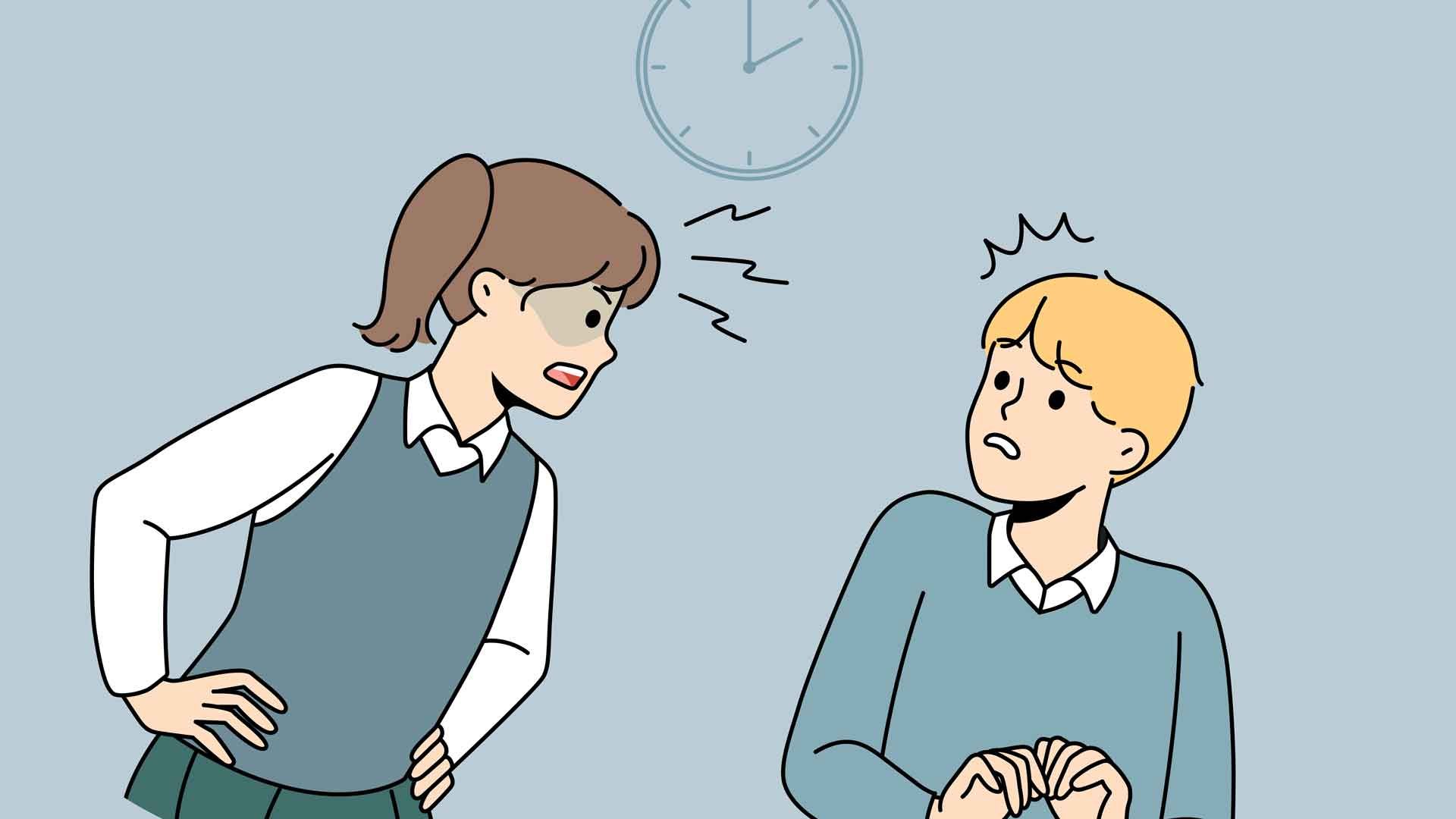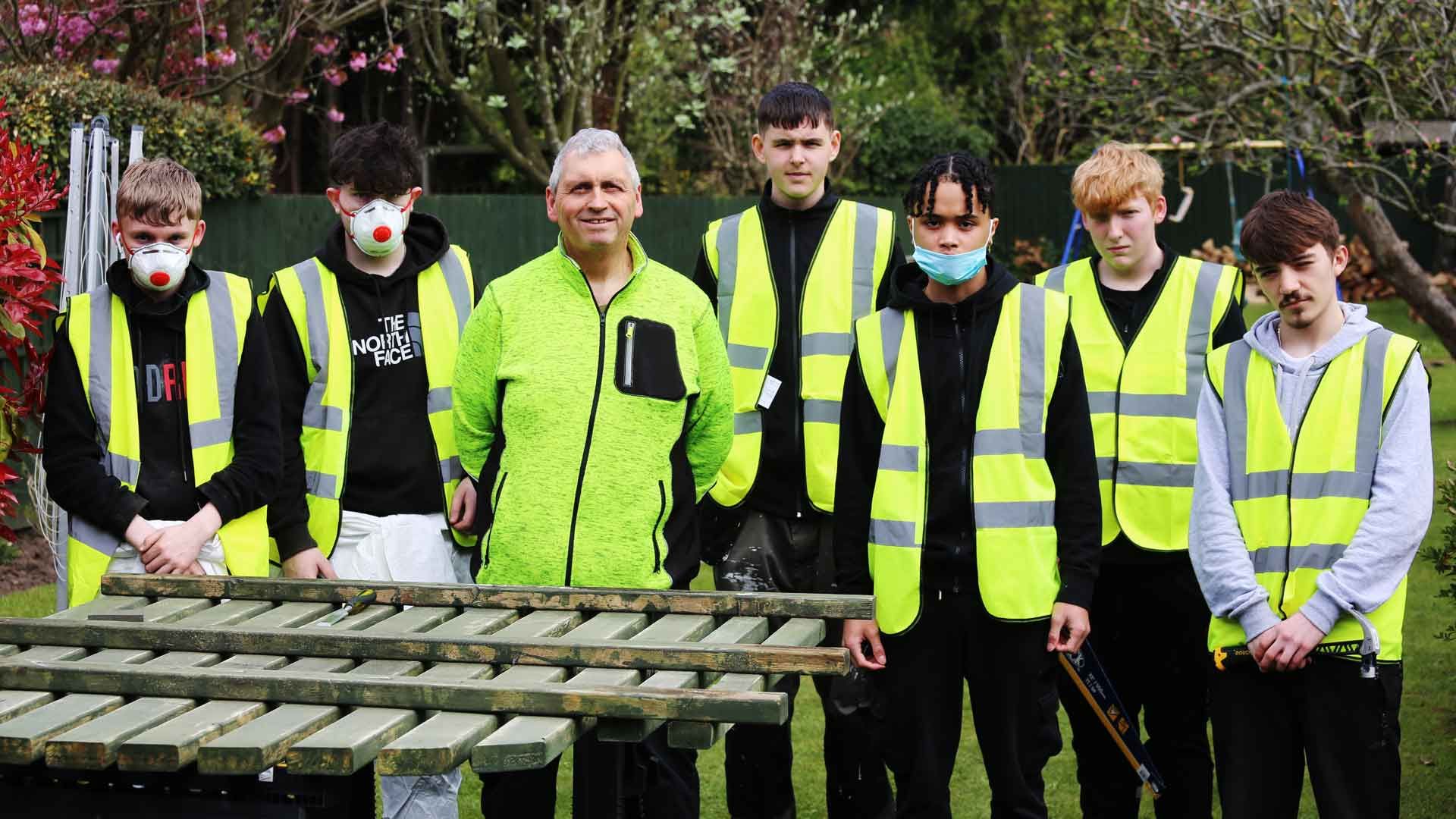My teacher workload is unmanageable - what can I do?

Teachers in the UK are facing an unprecedented workload crisis, with a staggering 44% of teachers reporting that they plan to leave the profession within the next five years due to unmanageable workloads (National Education Union, 2022).
But you know this because you are a teacher. You’re not someone merely watching from the sidelines, wondering how such a sh*t show has been allowed to continue for so long. You’re living it and breathing it. Said sh*t is up to your knees, and wading through it has become exhausting.
Perhaps you’re even one of the 44%.
Sadly, teacher workload problems are nothing new. Ironically, thousands of teachers start their careers every year knowing about the sh*t show, yet start anyway.
With a logical hat on, it’s crackers. But I digress…
Teacher workload review
While it may seem as though no one cares about this sh*t, the Education Endowment Foundation has been trying to get to the bottom of it, and, in October 2023, they did a workload review which highlighted that:
- Some of the main drivers of workload come from outside the school – primarily from the government and Ofsted, but also from parents/carers. Insufficient funding and staff capacity are the top barriers to workload reduction.
- Over a quarter (28%) of teachers identified a ‘lack of support from the senior leadership team (SLT)’ as a barrier to workload reduction in their school.
- Teachers whose schools have more workload reduction strategies in place are significantly more likely to have positive views on the manageability of their workload, autonomy and job satisfaction.
- The key difference in effectiveness appears to be how well schools implement their workload reduction plan.
It seems then that it’s the luck of the draw. If your SLT are on board and actively trying to reduce your workload, you’re wading through slightly less sh*t than others - perhaps it’s only around your ankles. But if your SLT doesn’t give a sh*t about your sh*t, well, then you’re in trouble.
One solution is to find a school that does give a sh*t. But that might not be possible right now, and it’s also not an immediate solution. So, without relying on a change in school or your current school leaders undergoing a personality transplant, we need to think about what you can do at an individual level so you can positively impact your workload. Perhaps you’ll even inspire and motivate your teaching friends to try the same.
Get your nose pegs ready - we’re diving in.
Solutions to your teacher workload problems
It's important for me to point out to you from the very start that the solution to this problem is not as simple as "being more organised" - if that were the answer, teachers would be running the country. It’s more about the small things you can do. Ever read Atomic Habits by James Clear? If not, buy a copy immediately.
Secondly, remember—you can only control what you can control. Workload demands from SLT, parents, Ofsted, etc., are not in your control. Your response to the demands and how you deal with them is. It’s the controllable that we are going to focus on today.
Here are three things to put into practice:
Get good at setting boundaries
Unless you’re Ms. Trunchbull, teachers tend to be caring, kind, and thoughtful. However, we also tend to be people-pleasers, which can wreak havoc on our ability to set and maintain boundaries. Our workloads can build up because we don’t like to disappoint people or we feel that we ‘should’ say yes. The result? Overworked teachers with a to-do list as long as Dumbledore’s beard.
If saying ‘no’ and setting boundaries makes you have heart palpitations, don’t worry. I’m a recovering people-pleaser and totally know where you’re coming from. Start small. Say ‘no’ to things that are tiny and almost insignificant. It might not be in your teaching life yet, but it’s good to practise putting up boundaries wherever feels most comfortable. You’ll need to define them first, of course! And, if the word ‘no’ itself makes you sweaty, write down some different ways of saying it that mean the same thing but help you deliver the news more comfortably.
It’s worth saying that you won’t be able to say ‘no’ to everything! Balance and compromise are part of the game. But once you’ve got the hang of the boundaries thing, you’ll have a better idea of what to say ‘yes’ to and when.
Prioritise tasks
Our to-do lists can make or break us. We often feel like we’ve got so much to do that we can’t see the wood for the trees, but the reality is that some things will take priority over others. To get your list working better for you, identify which tasks are most urgent or important and prioritise them accordingly. Why not choose a matrix or numbering system to help you focus on high-priority items first?
Then, break the tasks into smaller, actionable steps. For example, instead of "create a lesson plan," break it into steps like "outline objectives", "design activities," and "create resources." This makes the task feel more manageable and helps you track your progress - and if you like crossing things off a list, this is like candy to a baby.
Once you’ve decided on your small tasks, allocate a specific amount of time for each one based on your experience and the task's complexity. Be realistic and allow some buffer time for unexpected interruptions or challenges. This may be trial and error at first—we often overestimate what we can get done in a specific time—but soon, you’ll know what fits in where.
Avoid multitasking, as research shows it can be counterproductive and increase stress. Instead, focus on completing one small task or step at a time before moving on to the next. This will help you maintain focus and avoid feeling overwhelmed.
Be sure to fit in breaks, too. Don’t power on through without stopping to grab a drink, watch a funny cat video or get some fresh air. Doing so will help keep you focused for longer when you are doing a task. Celebrate your wins, too. Coffee, chocolate or a good custard cream works for me. How about you?
Speak up
Change doesn’t happen without help and support — ‘no (wo)man is an island’ has never rung truer. Even though it can be tempting, you don’t have to do everything yourself.
If you have a teaching assistant, let them know you’re struggling. Talk about which tiny tasks from the list you could delegate to them. And if you like things done in a specific way, don’t assume that other people know what that looks like. Be clear and timely with your requests. Be grateful, too. It may be part of their job, but a regular ‘thank you’ goes a long way.
Depending on your school’s policy, you could ask some prefects or class helpers to do some of the easy tasks - putting out books for the afternoon lessons, sticking in sheets, etc. Obviously, nothing that would impact pupil privacy or learning, but my Year 6s used to love being the class helper for the week.
And finally, speak up to people who can make a difference, who can make change happen; your SLT. If they just assume you’re coping, they won’t think there’s anything to change. And if things keep piling up? Well, ask them, “What would you like me to prioritise first, as I have X, Y and Z to do that are equally important?” It’s not being rude; it’s being boundried and taking back control. It’s also a great way for them to see how much you have to do, which may mean they shift their own priorities, too.
All of these things take practice. There’ll also be an element of trial and error, too. But that’s okay. As you well know, mistakes are part of the learning process. Be kind to yourself and try whichever of these tempts you first. And even if you do move schools to improve your workload, you’ll still have some nifty techniques up your sleeve for your new job, too!
If you’d like us to come in and deliver INSET to your school team, check out our Happy Teachers page or contact us directly so we can create something bespoke -
Steph Caswell started out life as a primary school teacher, reaching the dizzy heights of deputy headship before turning her hand to writing. She’s the author of six books, and when not writing witty, opinionated content for Laughology, she supports other aspiring authors to write theirs.













